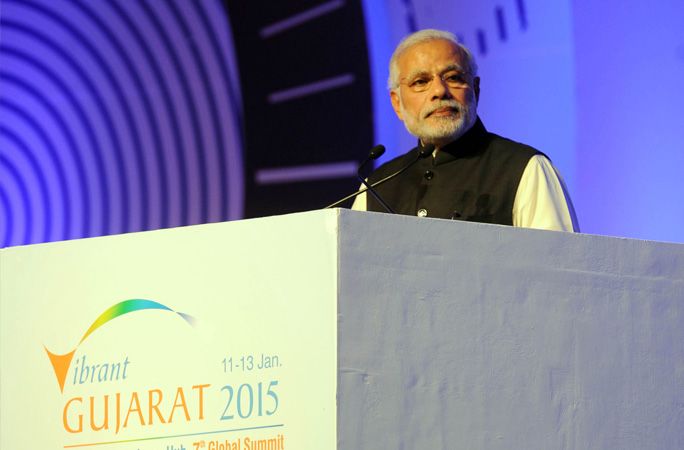India commits $10bn to renewables for 2015
India will invest more than US$10 billion in renewable energy in 2015, according to a forecast from Bloomberg New Energy Finance (BNEF)

India will invest more than US$10 billion in renewable energy in 2015, according to a forecast from Bloomberg New Energy Finance (BNEF).
India spent a relatively modest $7.9bn on clean energy in 2014, placing the country seventh on the global list.
BNEF’s forecast would fall short of the $13.1bn invested in the sector in 2011 but analysts in India are positive about the year ahead, particularly about the prospects of solar energy.
BNEF lead India solar analyst, Bharat Bhushan Agrawal, said: “After two years of continuous decline in investments, in both India and around the world, the trend reversed last year. We expect investment in India to rise in 2015 and later, particularly with the rise of solar power.”
Narendra Modi’s administration came to power last May and has been proactive on solar and has ambitions to install 100 GW of solar photovoltaic (PV) power by 2022
It also has a target to invest $100bn in clean energy over the next five years.
The new policy direction has attracted the attention of foreign investors and BNEF’s head of south and south-east Asia research Aishish Sethia, said: “Interest in India from domestic and foreign investors has grown in the last six months.”
Modi also plans to improve India’s grid infrastructure and reduce the regular power blackouts that hit vast areas of the country.
BNEF findings show that India enjoys one of the world’s lowest levelized costs of clean energy production, and renewables are quickly gaining cost competitiveness on more traditional energy sources.
BNEF predicts India will install around 2.5 GW of solar PV capacity in 2015, which is around 1.5 times the figure added in 2014.
The wind sector is set to grow by around 2.8 GW which would represent a 22 per cent increase last year.
The government is also planning a suite of reforms to the power sector with the aim of making India a more attractive proposition for foreign investment.
Reforms include the enforcement of renewable purchase obligations and forcing energy producers to adopt more renewable generation capacity.
Sethia added: “The planned reforms are going to strengthen renewable in India further, but the federal establishment also needs to align with the state governments.”
India has 13 of the world’s most polluted cities and the issue of air quality was high on the agenda as President Barack Obama visited India to meet with Prime Minister Modi.
Obama had hoped to persuade India to agree to a climate deal similar to the one agreed between the U.S. and China last year.
However, Modi expressed his preference for India to independently manage its own environmental affairs saying: “The agreement that has been concluded between the U.S. and China does not impose pressure on us. India is an independent country. But climate change and global warming itself is a huge pressure.”


